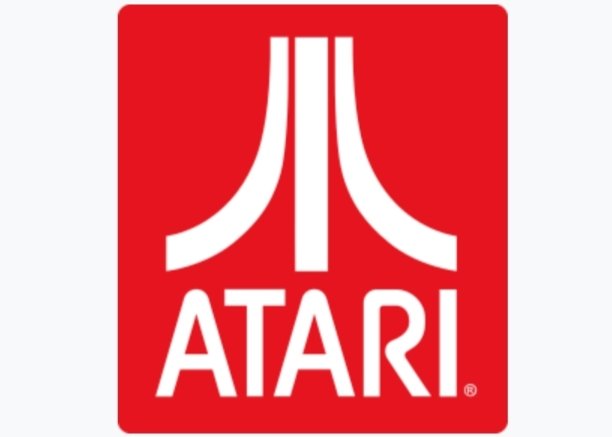In the world of arcade games, Atari Interactive needs no introduction. One of the games launched by Atari in 1983- Crystal Castles was again in the news, for Atari had launched a lawsuit against an insurance company State Farm thereby alleging copyright infringement, unjust enrichment, unfair competition, false information and business disparagement. This legal development highlights the need for careful script review and legal due diligence.
Background
To give some background, State Farm, an insurance company, had released a six-seconds advertisement to reach out to millennial and Gen Z consumers. The advertisement showcased the character ‘Jake’ hitting the front end of an arcade game cabinet. Although State Farm had replaced “Crystal Castles” with “Witch’s Broom” on the marquee, artistic elements and designs from Atari’s iconic game were still clearly visible on other parts of the cabinet – the same included the front end of the cabinet where Jake lands a smack, to get the machine started.
The Outcome- Lawsuit
Although State Farm subsequently made changes and covered the wrap on the front and side of the cabinet (which featured Crystal Castles previously) the damage was already done. Apart from Atari initiating legal action, State Farm’s advertisement led to comments and scrutiny over social media.
In the lawsuit filed, Atari alleged that State Farm’s advertisement indicated and suggested that Atari’s cabinet was of low quality and faulty. Further, that State Farm’s advertisement was at the expense of Atari’s reputation and goodwill, without any compensation to Atari. In relation to the State Farm covering just the name “Crystal Castle” on the marquee and the other parts of the cabinet still being kept the same, it was alleged that State Farm intended to send a message that State Farm being a big insurance company understood the millennial and Gen Z audience for which the advertisement was released. And therefore, State Farm intended to take the benefit of Atari’s IP without paying.
Thus, Atari apart from leveling allegations of copyright infringement also alleged about unjust enrichment, business disparagement and unfair competition.
In relation to the lawsuit by Atari, State Farm filed a motion to dismiss the said lawsuit. It was argued therein that Atari filed the lawsuit “seeking a windfall for the inadvertent and fleeting use of a decades out-of-date arcade game cabinet”. State Farm claimed that the use of Atari’s cabinet (a) fell under de-minimis and (b) that the ‘fair use doctrine’ protected the concerned use of the cabinet.
Court’s Analysis- De Minimis & Fair Use
The United States District Court for the Northern District of Texas, Dallas Division denied any relief to State Farm on the claim on the ground of De Minimis and that the use of the cabinet fell under fair use.
On the claim of ‘de-minimis’ the Court took into consideration that where de-minimis comes into picture, two aspects must be considered-
(a) How much of the copyright protected work is copied
(b) To what extent is the copying significant
On the claim of ‘fair use’, four factors were evaluated by the Court-
(a) Nature of the copyrighted work;
(b) Substantiality of the portion of work used;
(c) Effect of the said use on the market;
(d) Purpose and character of the usage.
The Court noted that the use of the arcade cabinet wrap was used by State Farm for commercial purposes, and that there was no transformative purpose behind the use of the artwork. The Court took into consideration that State Farm had used the expressive element of the cabinet i.e. the wrap and that despite State Farm covering the marquee, the said expressive element of the cabinet was still easily recognizable. For the substantiality of portion factor, Atari had alleged that the viewers could still recognize that the artwork was of Crystal Castles game. Lastly, for the ‘effect on the market’ factor, the Court accepted Atari’s allegation that the unauthorized use of Crystal Castles (for which Atari had active licensing business) could impact Atari’s licensing business. However, it should be noted that the fair use question could not be resolved at the stage of motion to dismiss.
What Is In Store For Media & Entertainment Lawyers?
Atari’s lawsuit against State Farm highlights the need for careful script review and legal due diligence. Although the advertisement released by State Farm was for a duration of six seconds, other aspects like the character smacking the cabinet to make it work, placement of the arcade cabinet, the advertisement covering only the marquee, etc. contributed to the initiation of the lawsuit. All these aspects lay stress on why and how script analysis and adopting a 360° approach can help to highlight red flags, thereby ensuring that an advertisement/film/video does not land up in dispute and criticism.
Authors: Malabika Boruah & Tushar Gerewal

